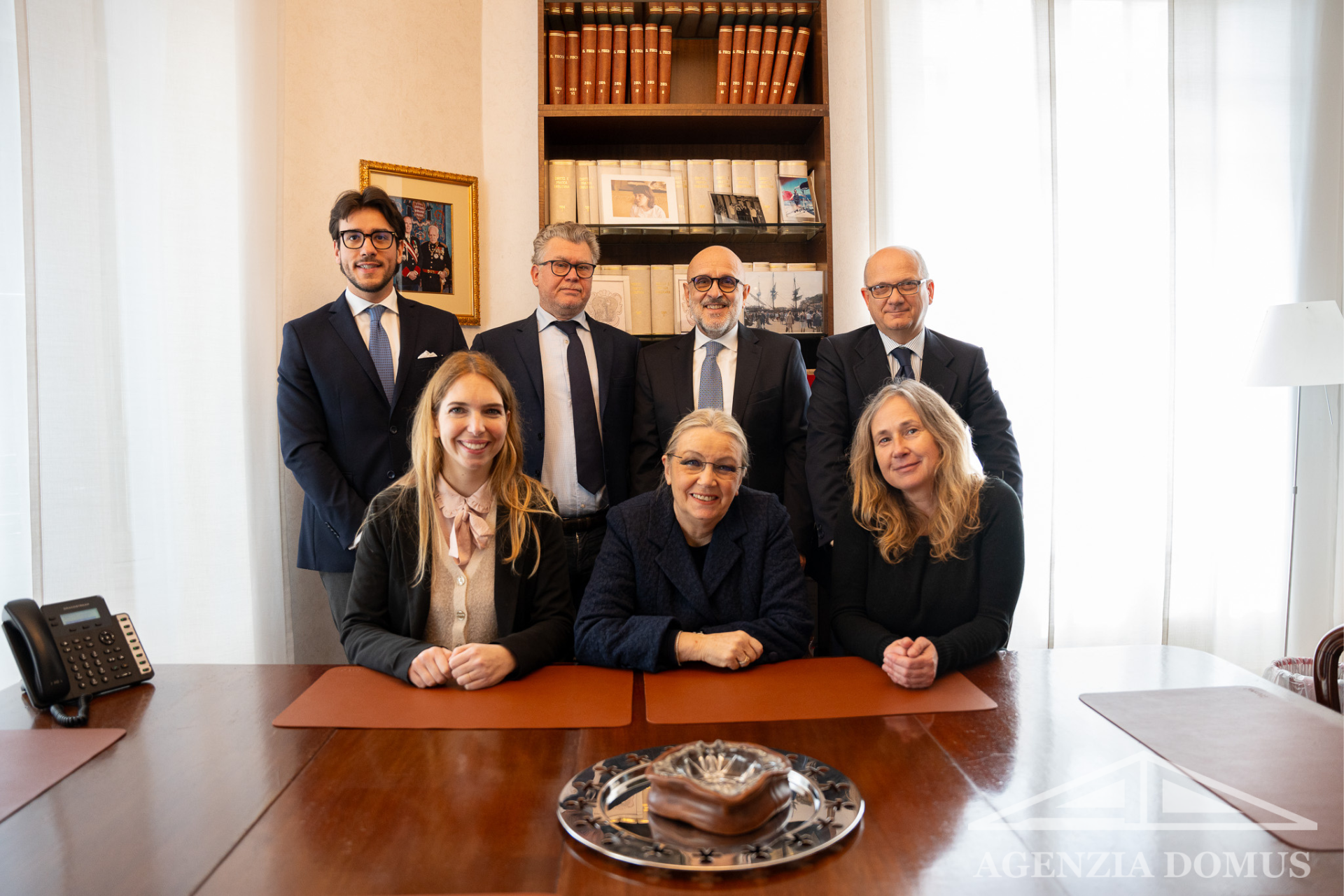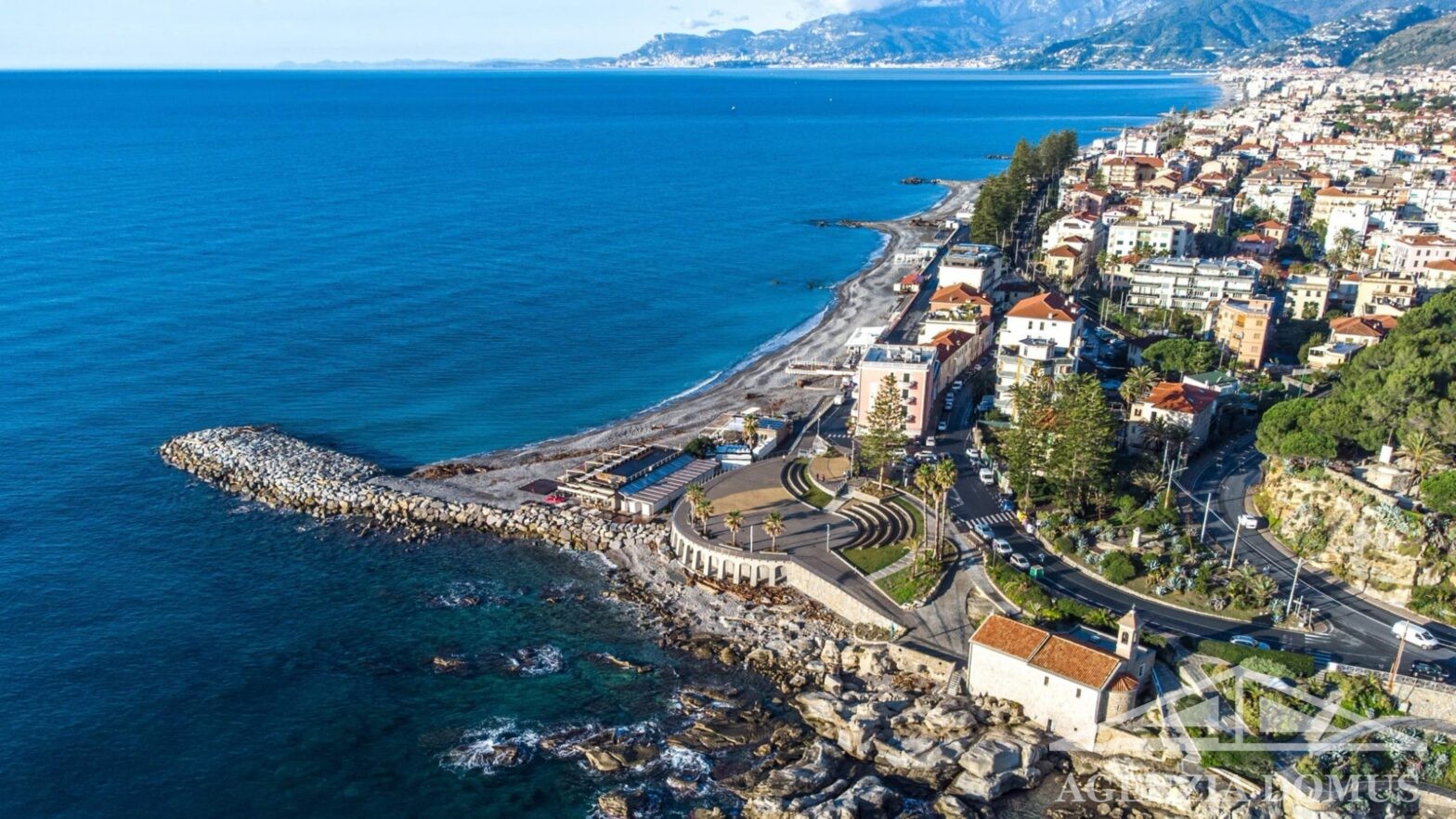UPDATE: With the recent conversion to law of art.2 of Decreto Legge 113/2024, the subsitute tax for new residents has been icreased from € 100.000 to € 200.000.
Over the centuries, many foreigners have fallen in love with the Riviera dei Fiori, choosing the beautiful towns of Bordighera and Ospedaletti as their residences. Among the best known, we can mention the impressionist Claude Monet and the Parisian architect Charles Garnier. Indeed, to purchase a residence in the Ligurian Riviera, could be a timeless investment.
A trend which has consolidated in recent years, thanks to the proximity to Nice International Airport, and which is represented by the purchase of penthouses, apartments, and villas. At Agenzia Domus, we offer a vast selection of these properties, many chosen by people for their living arrangements while continuing to work in other countries and generating income abroad.

In this regard, indeed,Bordighera and Ospedaletti, with their charm and timeless authenticity, prove to be among the most sought-after destinations.
If the situation described above is yours, you may not be aware that there is a possibility for you to enjoy a very convenient tax opportunity. In this article, we will summarize and make accessible the regulations relating to tax concessions for foreign individuals.
Tax opportunity for foreign entities: natural person
Let’s start with the source that governs the fiscal rules in force in Italy, the Consolidated Income Tax Act (D.P.R. 917/1986), which regulates income taxes for individuals and corporations. In this context, the new Article 24-bis of the TUIR, introduced by Article 1, clauses 152-159, of the 2017 Budget Law (Law no. 232 of 11.12.2016), introduces a facilitated tax regime for individuals who choose to transfer their residence to Italy.
This option may allow you to take advantage. Infact, thanks to this option, you might have the opportunity to benefit from a tax advantage in the form of a substitute tax, calculated on a lump-sum basis, regardless of the amount of income generated abroad.
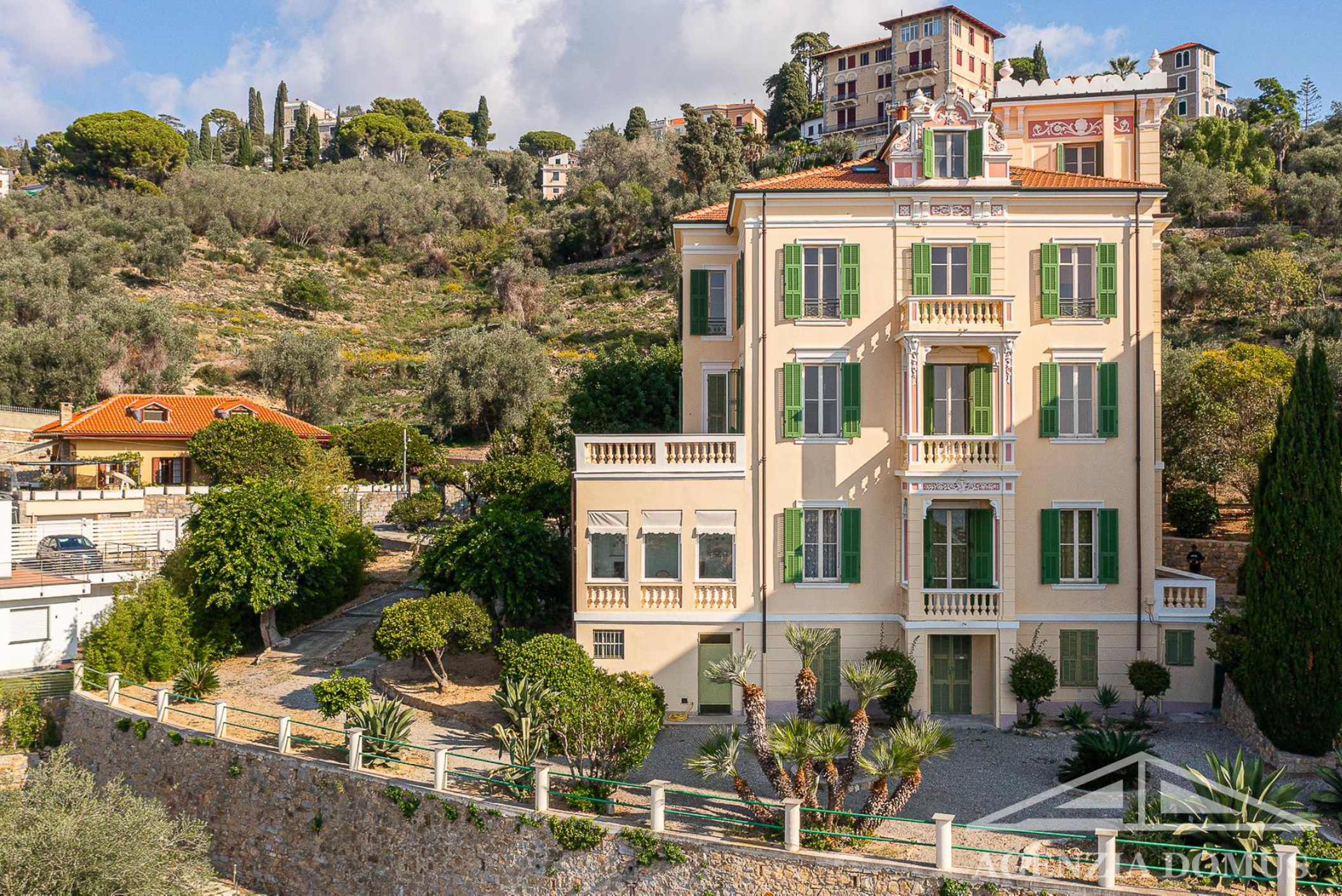
The term “lump-sum” refers to a simplified method of calculating taxes which, instead of considering the actual amount of income generated for taxation, excludes from the tax base the income produced abroad (of any nature or nearly, how we’ll see then), providing for its taxation through a substitute tax fixed at €100,000 (Article 24-bis, paragraph 2, TUIR), regardless of the actual amount of foreign income received. The essential condition to exercise this option in the first tax return to be filed after your move is that your fiscal residence must have been actually registered abroad, for at least 9 of the 10 periods preceding the start of the substitute tax, where by periods we refer to the fiscal year.
By choosing the substitute tax option, valid for 15 years, you will commit to paying the due amount once a year and in a single installment, coinciding with the due date for the payment of income taxes.
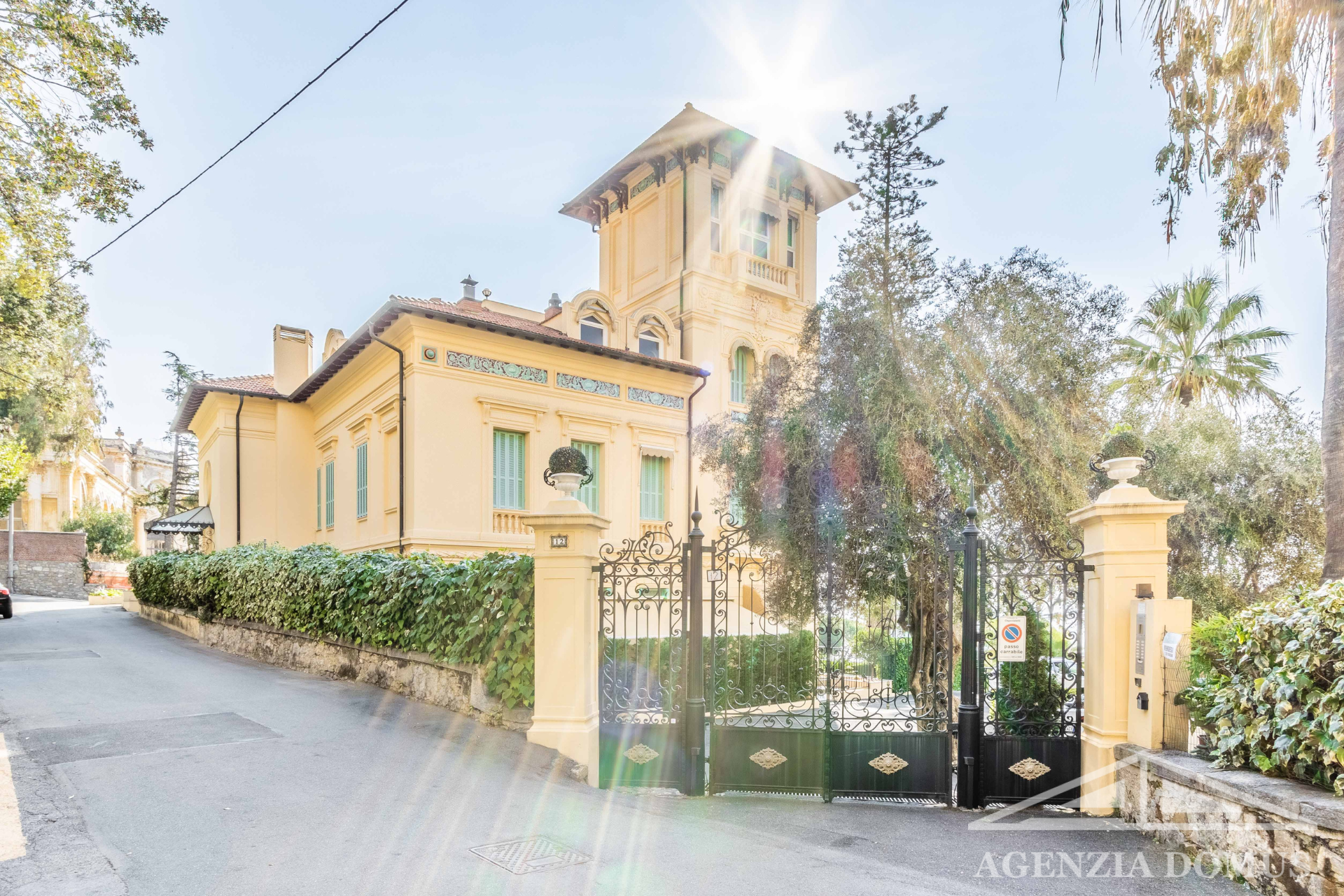

The recipients and the cases
These provisions, as mentioned above, concern you as a legal person who has transferred his tax residence in Italy and who generates income abroad. But what are the incomes produced abroad?
In this regard, Article 165, paragraph 2, of the TUIR comes to the rescue, identifying a series of criteria; these criteria differ from those indicated by Article 23 of the TUIR, which pertains to income produced in Italy by non-residents.
Additionally, you must also consider that the substitute tax does not extend to capital gains obtained through the onerous transfer of qualified participations, definable as those profits you might earn from selling shares or stakes in a company where you hold a significant participation (per Article 67, paragraph 1, clause c, TUIR), realized in the first five tax periods of the option’s validity.
Such capital gains thus remain generally subject (with exceptions, such as those linked to possible sales of participations in countries with privileged taxation), to the capital gains tax regime currently in force.
Terms and timeline
The option for the substitute tax must be exercised by the deadline for filing the tax return for the tax period in which you transferred your residence to Italy, and it is effective from that period and will be valid for 15 years. Moreover, in the option, you must indicate your previous tax jurisdiction of reference, to which the Revenue Agency will transmit information regarding your new status.
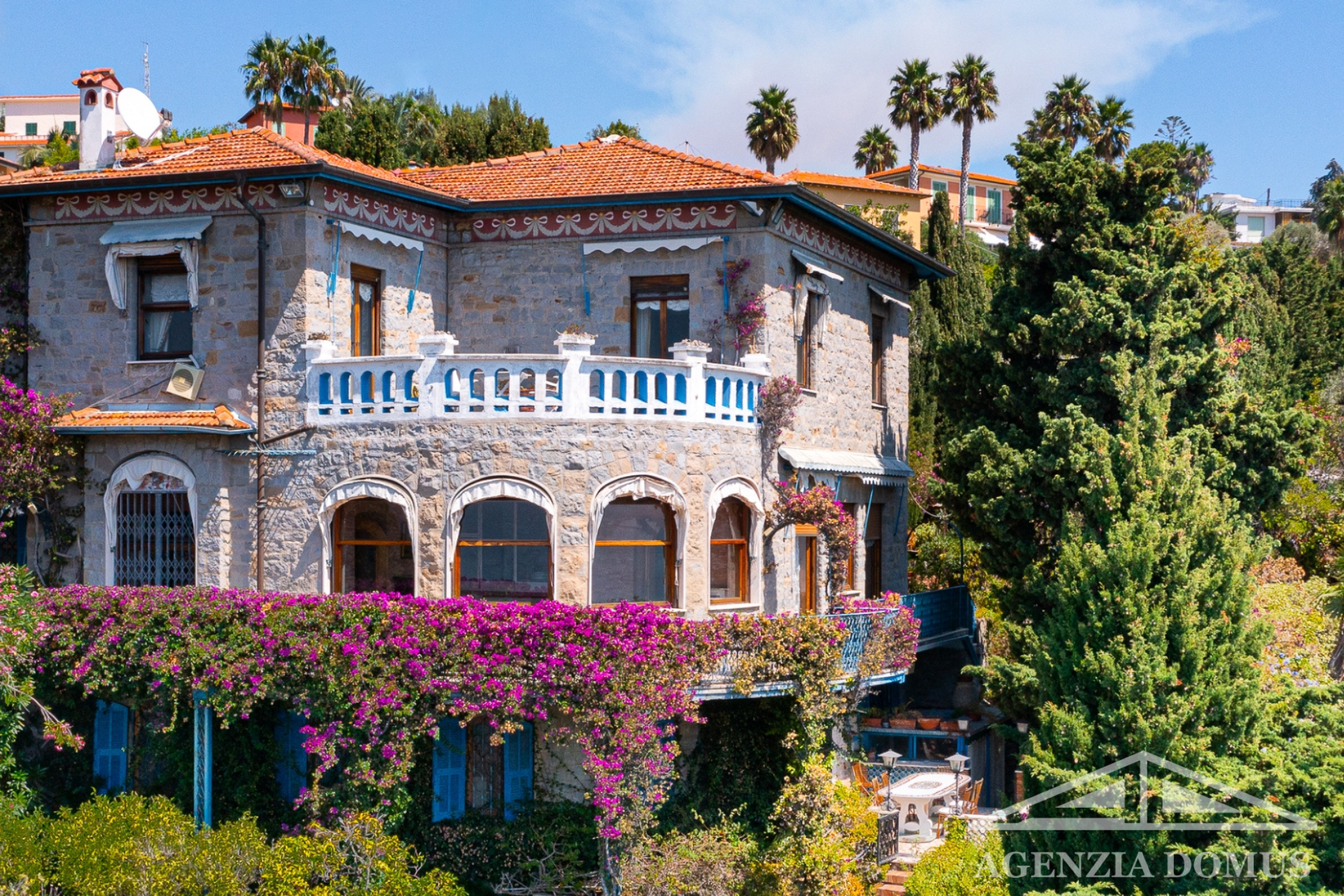
Extension of the substitute tax to members of the family
In addition to representing a favorable tax regime for you, the option of the substitute tax could also prove advantageous for the rest of your family. Indeed, Article 24-bis, paragraph 6, of the Consolidated Income Tax Act (TUIR) allows the beneficiary the possibility to extend the option, during the entire period of validity, to one or more family members (spouse, children, parents, sons-in-law and daughters-in-law, fathers-in-law and mothers-in-law, brothers and sisters, as defined by Article 433 of the Civil Code).
For your family members to benefit from the substitute tax, they must meet the same conditions required by Article 24-bis, paragraph 1, of the TUIR. In other words, your family members must have transferred their fiscal residence to Italy and must not have been fiscal residents in the state for at least nine tax periods (fiscal years) in the ten preceding the start of the option’s validity period.
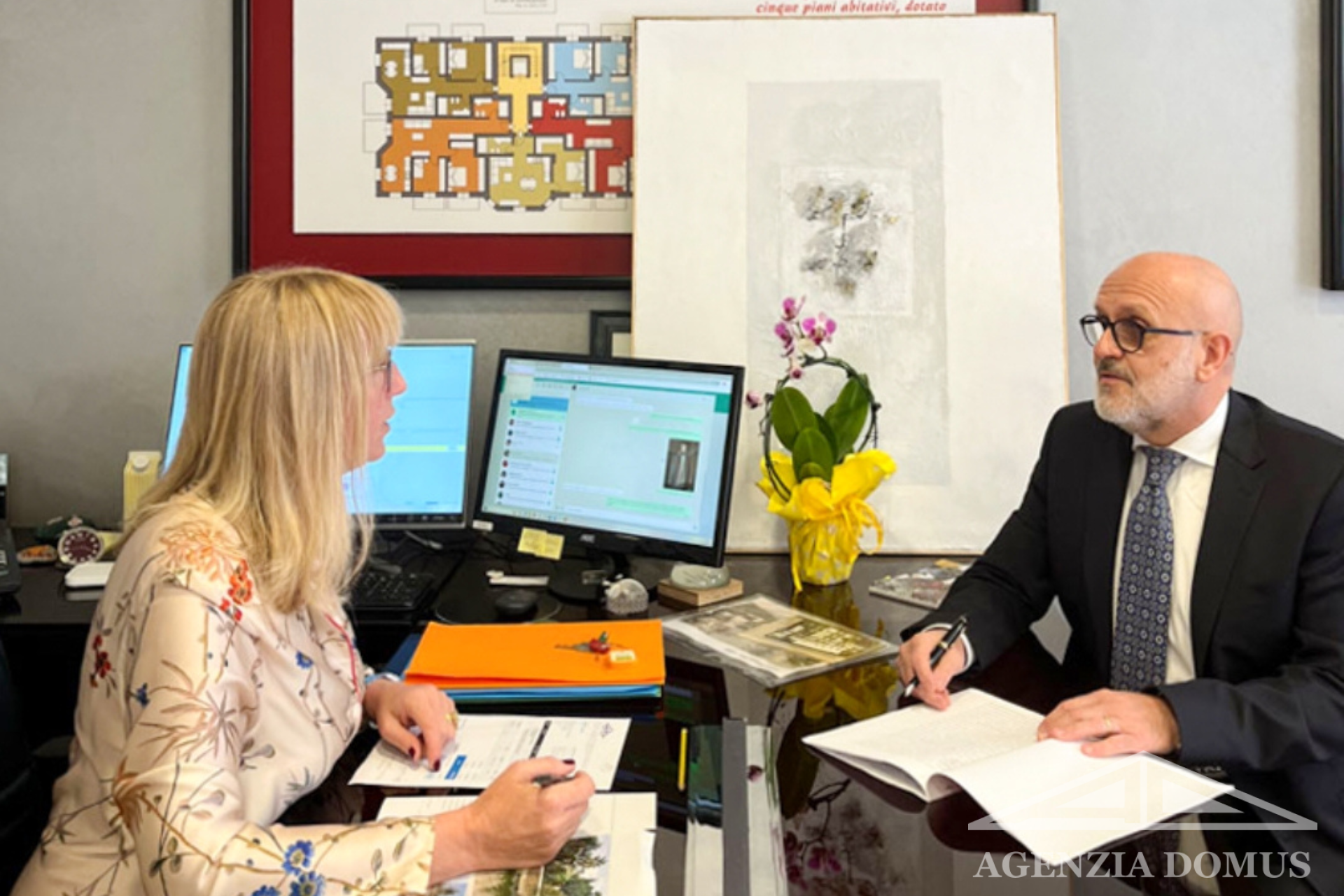
Buy a property in the Ligurian Riviera and select the tax system that suits you best
Should you wish to move to the Riviera dei Fiori while enjoying this advantageous tax regime, we therefore advise you to contact us today.
Not only will we find the villa or penthouse of your dreams, but we will also rely on the professionalism and expertise of Studio Semeria Ghinamo Monzardo and Associates, who support us and whose entire team we present to you: Dr. Gian Carlo Ghinamo, Dr. Attilio Scotti, Dr. Marco Grazietti, Ms. Paola Monzardo, Dr. Laura Arimondo, Dr. Vittoria Sismondini, Dr. Giovanni Ghinamo.
Together, we will plan your move in the best possible way, assessing all aspects, with a thorough evaluation of your housing and economic interests.
